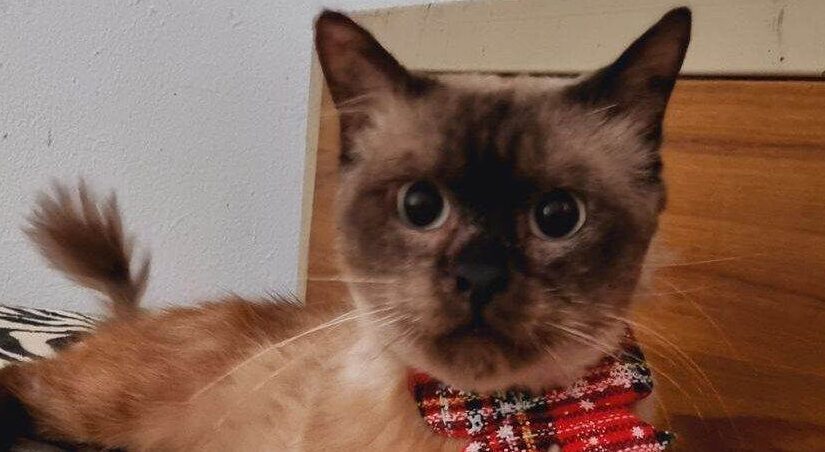FIV is the abbreviation for Feline Immunodeficiency Virus. It is a retrovirus related to HIV, hence it is also known as 'cat AIDS'.
Just as a diagnosis of AIDS is not a death sentence, neither is it a death sentence for FIV+ cats.
A FIV+ cat can infect other cats. This can happen through bite wounds. The Feline Immunodeficiency Virus is not contagious to humans. As long as a FIV+ cat does not fight with uninfected cats, they will not become infected.
This allows FIV+ cats to be kept in the same group as non-infected cats – as long as they do not fight. Neutering and spaying, which all SHE cats have undergone, is a significant factor in reducing this risk.
There is (1) the acute phase when the infection occurs, (2) the latent phase and (3) the progressive phase.
During the latent phase, the cat shows no symptoms of illness. Abnormalities may be detected in a blood test. The duration of this phase is variable and unpredictable. Some cats remain in the latent phase their entire lives.
Although the time frame for transition to the progressive phase is unknown for each FIV+ cat, after a period of 5 years after infection it is common to go to the progressive fase.
In the progressive phase, symptoms such as chronic gum disease, chronic colds, weight loss, enlarged lymph nodes, kidney failure and all sorts of secondary infections occur. Eventually, the cat dies from this. With treatment, these cats can often live a long and good life.
This is a good website about FIV (in English) https://www.fivcats.com

